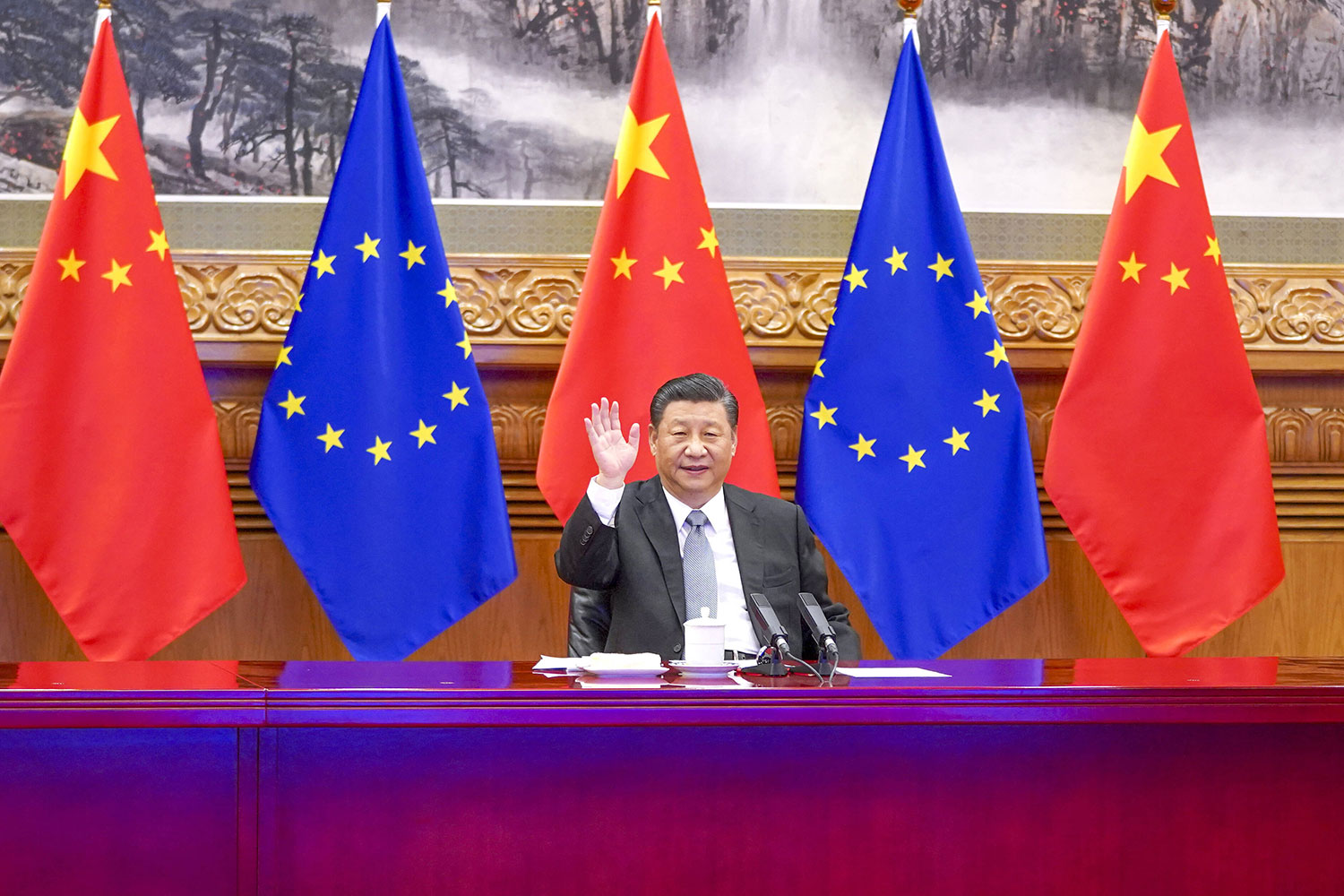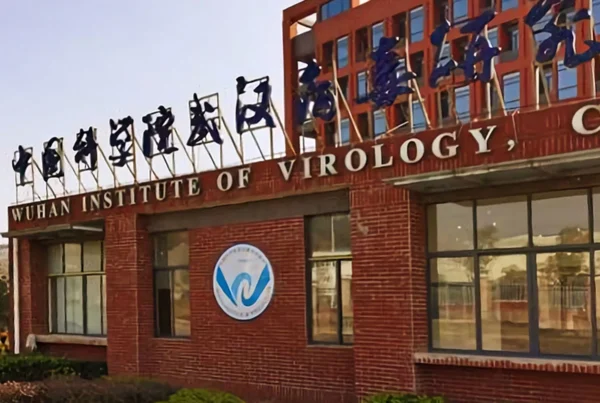The tit-for-tat sanctions between the EU and China in March could threaten a recently announced investment deal. Some in the EU are pressing for it to take more of a stand against China’s human rights abuses.
By David Bagshaw 30.4.2021
In December 2020, the European Union and China announced that the Comprehensive Agreement on Investment (CAI) had been agreed in principle. However, the growing concern over China’s actions in Xinjiang and the willingness of parliamentarians to speak out in defense of the Uyghurs may ultimately prevent the deal from going ahead.
The CAI is a landmark agreement that has taken over seven years of negotiations. It would allow EU firms more market access in China and liberalize the Chinese financial services market. It also contains clear rules against forced technology transfer. As progress in trade liberalization talks at the World Trade Organization has been slow, the deal would be a major step forward in trade relations between China and the West.
Since the announcement, however, relations between the EU and China have soured. On 22 March, the EU announced sanctions on four Chinese officials and one state-owned entity which are involved in a “large-scale surveillance, detention and indoctrination program” in the province of Xinjiang. This was coordinated with the United States, United Kingdom and Canada, who all announced sanctions against the same or similar individuals on the same day. They have accused China of detaining over a million Uyghurs in camps in Xinjiang and carrying out forced sterilizations on Uyghur women. In addition, there is a growing movement in the West to recognize China’s actions in Xinjiang as genocide under the Genocide Convention.
In response, China has accused the EU of forming an “anti-China front with the US” and announced sanctions of its own against ten European individuals and four entities, including five Members of the European Parliament (MEPs), the Political and Security Committee of the Council of the European Union and the Subcommittee on Human Rights of the European Parliament. According to the Mercator Institute for China Studies, one of the organizations sanctioned by China, it is the first time since the Tiananmen Square Massacre in 1989 that the EU has sanctioned China for human rights abuses rather than espionage or cybercrime.
During the past four years, the EU has sought to distance itself from the heavy anti-China rhetoric of the Trump Administration. It has taken a more conciliatory approach with Beijing, trying to find areas in which it can cooperate with China for mutual benefit, such as trade liberalization. Many EU member states, particularly in Eastern Europe, have signed up to the Belt and Road Initiative, a vast Chinese infrastructure project which aims to improve connectivity across the continent while also expanding China’s influence in the region. However, by coordinating sanctions with its Western allies, the EU is signaling to the new Biden Administration that it is willing to engage with them on China.
The EU has insisted that it is only targeting people and institutions that violate human rights, accusing China of arbitrarily targeting democratically elected officials. Several of the main party groupings in the European Parliament have already signaled their intention to veto any ratification of the CAI while some MEPs remain under sanction. The Chinese government is adamant that the agreement can and will still go ahead, despite the current tensions.
However, even before the tit-for-tat sanctions were announced, European lawmakers had concerns about the CAI. The agreement contains no commitments by Beijing to sign up to the International Labor Organization conventions on forced labor, a key issue for MEPs even before the recent sanctions. In addition, there are concerns that the agreement will not bring the economic benefits touted by its proponents. Reinhard Bütikofer, one of the MEPs sanctioned by China, said that the agreement may even drain industrial investment from the EU rather than fuel it.
Ratification is a long process, and it will be some time before the deal comes before the European Parliament for approval. By that time China could have removed the sanctions to smooth the way for the deal. Also, MEPs could come under pressure from national governments to approve a deal that would improve access for their businesses to the growing Chinese market. There exist powerful interest groups that will lobby for the agreement to be signed to maintain a good relationship with China.
China will continue to be an important economic partner for the EU. However, the internal pressure to confront China about its human rights record will not go away. Eventually, the EU may have to make a choice between increasing their economic prosperity through further cooperation with China and taking a firm stance against China’s human rights abuses.





